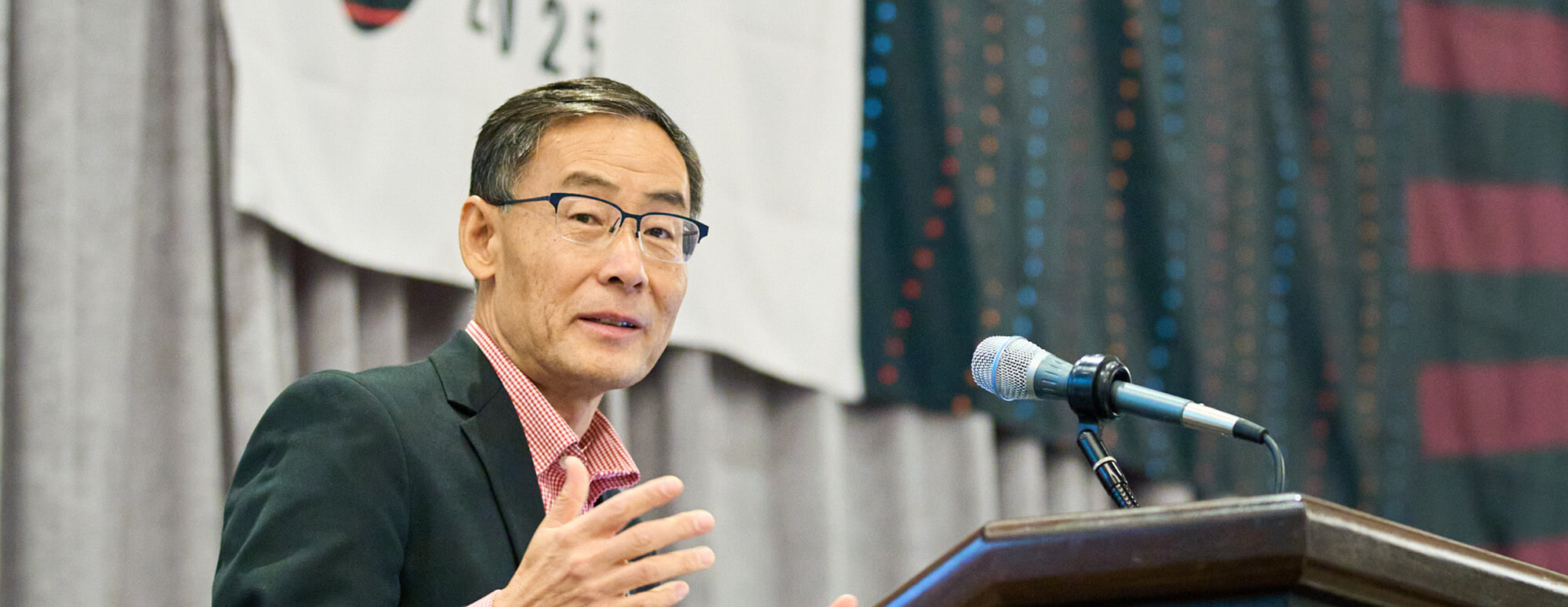
Texas Tech Represents at Inaugural Texas Quantum Summit Story By: Erin Garcia
Representatives from Texas Tech recently attended the first-ever Texas Quantum Summit hosted by Texas A&M University. The summit brought together researchers, industry leaders, and policymakers to discuss how Texas can lead in this rapidly evolving field.
The summit included representatives from universities across the state including Texas Tech University, University of Texas at Austin, Texas A&M University, Rice University, University of Texas at Dallas, University of Texas at San Antonio, Southern Methodist University, and the University of Houston. Manykey figures from major technology focused companies also attended such as IBM, IONQ, Infleqtion, QuEra, and Quantinuum.
Texas Tech University sent one of the largest groups to the summit, with 27 participants representing the university’s growing commitment to quantum research. According to Dr. Sung-Won Lee, Chair of the Department of Physics & Astronomy, Texas Tech’s Office of Research & Innovation, the College of Arts & Sciences, and the Whitacre College of Engineering collectively supported the team’s attendance.
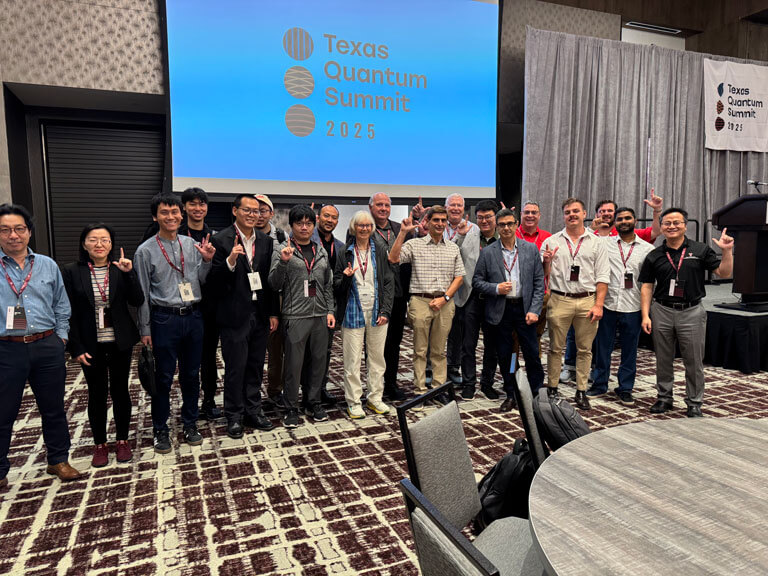
“Our participation wasn’t just symbolic,” Lee said. “It showed that Texas Tech is serious about quantum research.”
The summit was hosted in response to the Texas Quantum Initiative. Dr. Lin Zhou, Vice President for IT, Chief Information Officer, and Executive Director of AI & Quantum Computing at Texas Tech University, testified on House Bill No. 4751, which was recently passed by the Texas Legislature and signed into law by Governor Greg Abbott. The initiative establishes a planning framework and advisory committee to guide research priorities, funding opportunities and manufacturing capabilities in quantum technologies across the state.
Sessions held at the summit covered topics including quantum computing hardware and algorithms, quantum materials, devices and sensors, quantum communications and networks, and workforce training which integrates academia and industry.
Lee described the group from Texas Tech as an “Olympic team” led by several key figures, including Dr. Lin Zhou, and Dr. Roland Faller, Dean of the Whitacre College of Engineering. Leadership at the summit also included many representatives from both the Whitacre College of Engineering and the College of Arts & Sciences, reflecting the interdisciplinary nature of the work.
Dr. Lee represented the College of Arts & Sciences, while Dean Faller led the engineering contingent including Dr. Yong Chen, Chair of Computer Science.
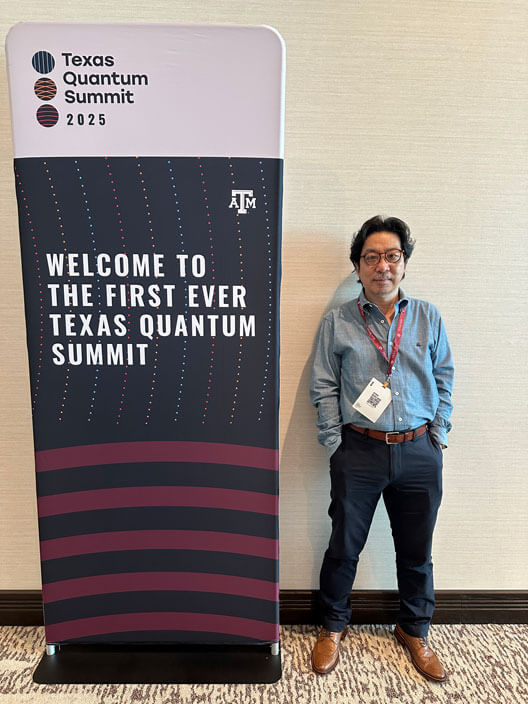
“We believe quantum computing is one of the key technologies of the future,” Chen said. “Our strong presence at the Texas Quantum Summit demonstrates Texas Tech’s firm commitment to becoming a national leader in this field and to advancing technological innovation and workforce development.”
The Department of Physics & Astronomy recently introduced a new undergraduate concentration in Quantum Science and Technology, joining its existing tracks in Professional Physics and Astrophysics, a change that was years in the making.
“We saw this coming five years ago,” Lee explained. “We hired four faculty members over the past few years to prepare for the quantum revolution.”
This fall, new students are already enrolling in the new quantum concentration, drawn by opportunities to study a technology that promises to reshape industries from computing to national security. Lee added that Texas Tech is also exploring the creation of an interdisciplinary degree program that combines physics, chemistry, computer science, and electrical engineering to prepare students for careers in the quantum and AI sectors.
In simple terms, quantum computing departs from traditional “0-or-1” digital logic. Instead of relying on binary bits, it uses “qubits” that can represent both 0 and 1 at once, allowing vastly more information to be processed simultaneously.
Lee described it with an analogy: “If classical computing is a motorcycle carrying
one passenger, quantum computing is a train carrying many passengers at once.”
The implications extend far beyond speed with the potential to transform communication,
encryption, and artificial intelligence.
“Steam-engines built nations. Quantum and AI will bury the unprepared.” Zhou said. “The brilliant work of Texas Tech researchers and faculty in Quantum Centric Supercomputing and AI will lead to a lasting impact on the economy, workforce development, and living standards.
Quantum technology also plays a role in national security, enabling secure communication systems that could safeguard satellites and defense networks from cyberattacks.
“This isn’t just about science,” Lee noted. “It’s about protecting our future.”
Tosha Dupras, Dean of the College of Arts & Sciences, said the faculty and students at Texas Tech are transforming the landscape of quantum research.
“This groundbreaking work is a testament to the strength of two of Texas Tech’s founding colleges,” said Dr. Dupras. “For a century, the Colleges of Arts & Sciences has driven innovation on our campus. It’s inspiring, once again, to see our faculty and students leading the way, especially in a field that is shaping the future of technology and research.”
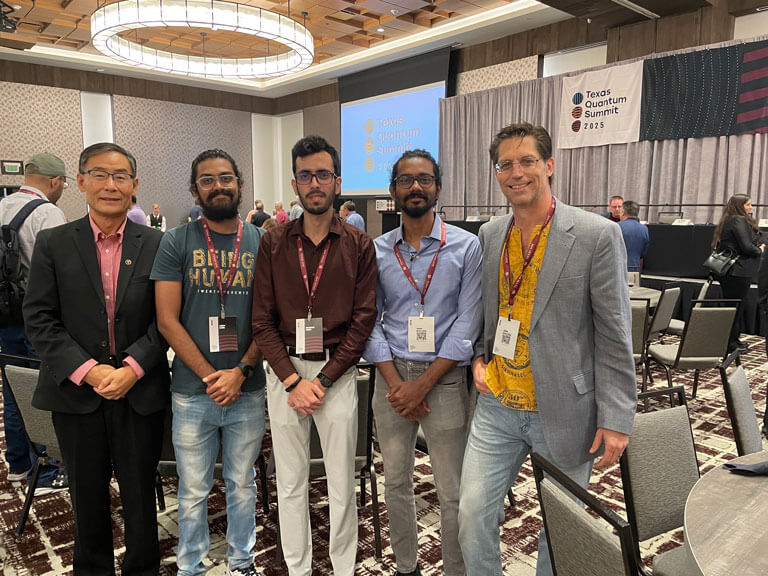
Texas Tech’s quantum team is currently preparing proposals for new faculty hires, major research grants, and future collaborations across campus. In addition, Lee teased several upcoming stories including a NASA-affiliated research publication in Nature, and the Texas Tech “Red Rail” high-energy physics experiment, both highlighting the department’s national and international impact.
Texas Tech’s growing momentum in quantum studies reflects both foresight and teamwork across departments. “We’re not just preparing for the quantum era,” Lee said. “ We’re helping to build it.”
Featured Stories
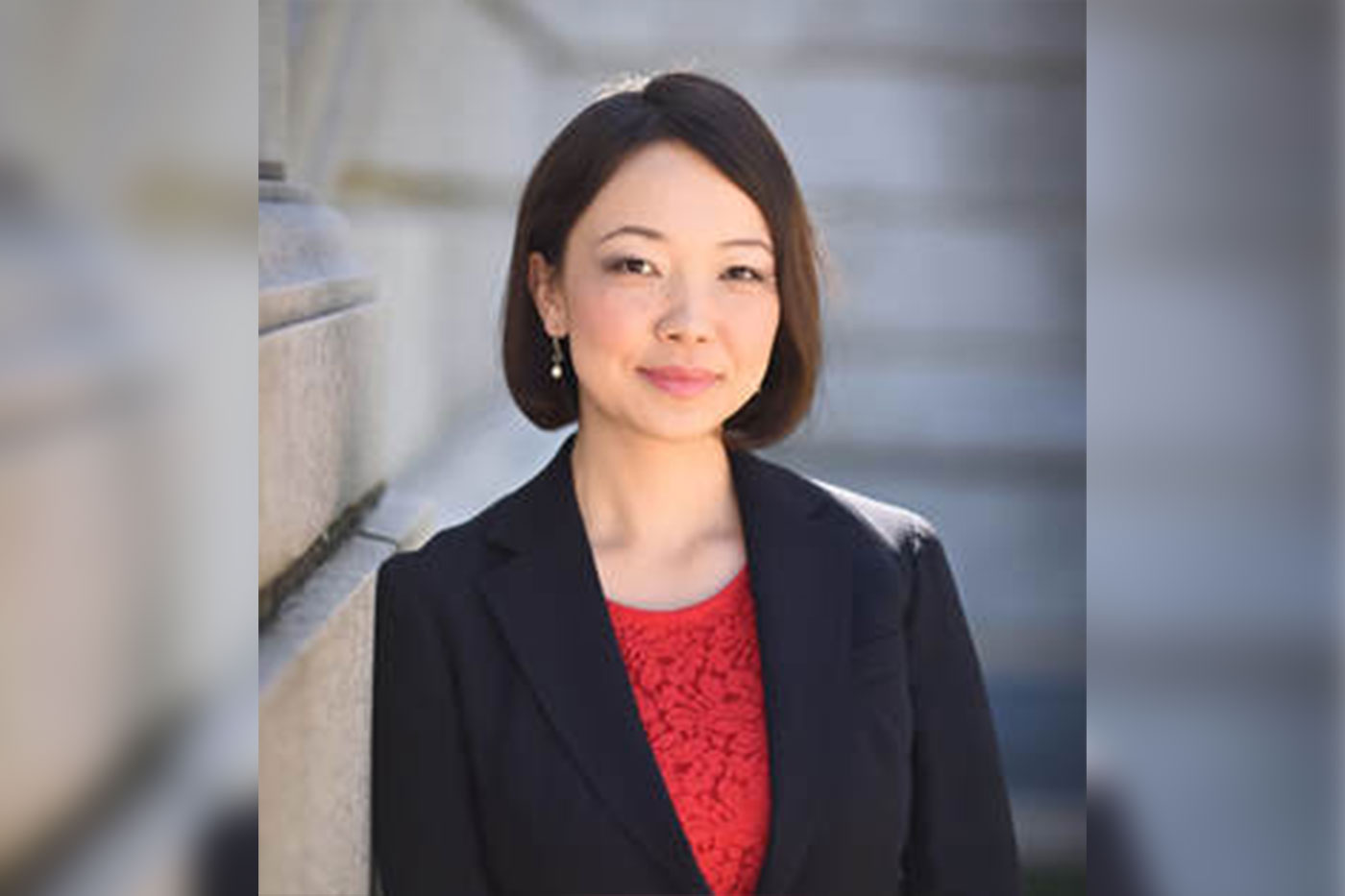


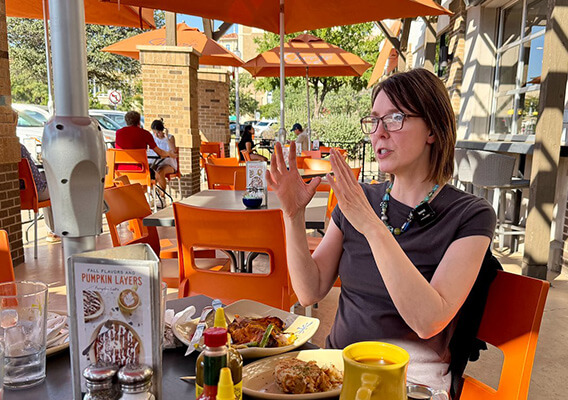
College of Arts & Sciences
-
Address
Texas Tech University, Box 41034, Lubbock, TX 79409-1034 -
Phone
806.742.3831 -
Email
arts-and-sciences@ttu.edu
